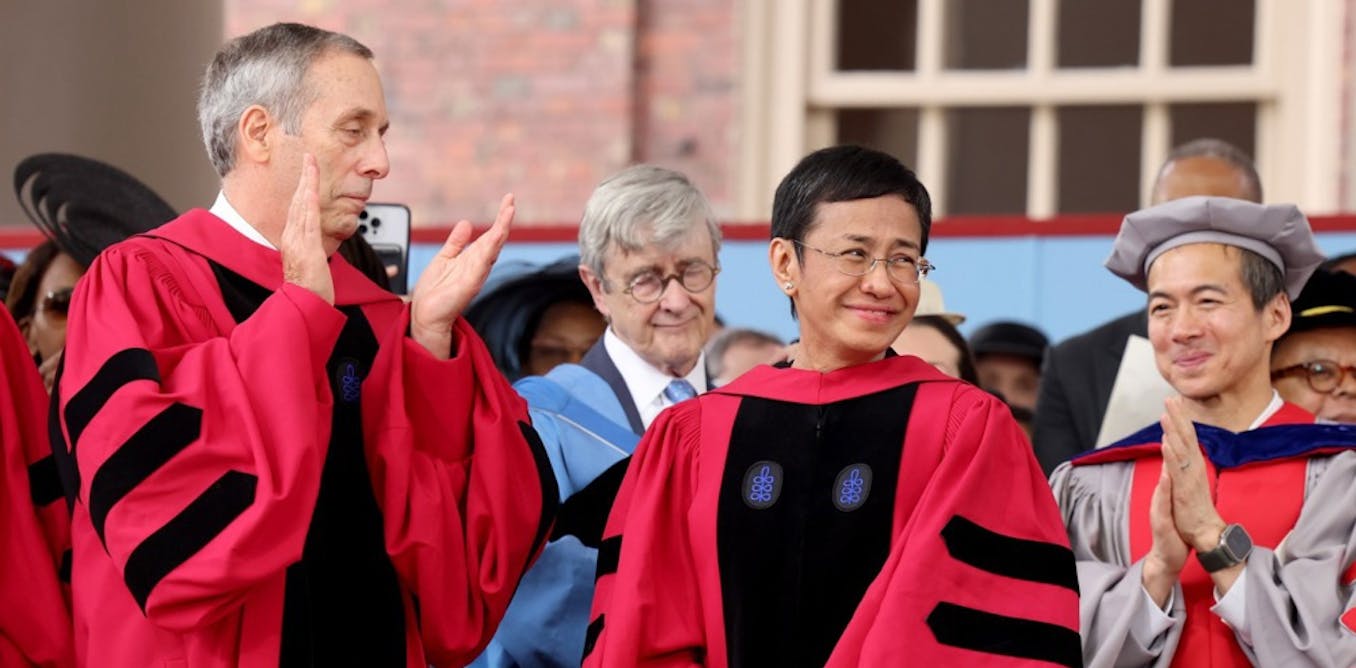
In a bold move, Harvard University has initiated legal proceedings against the Trump administration, challenging its unprecedented attempt to restrict international students from enrolling on its campus. This contentious issue has escalated, with the administration threatening to withdraw over 0 million in federal funding. A federal judge has intervened, placing a temporary hold on the order to ban foreign students, yet experts remain alarmed about the potential implications this standoff may have for the global reputation of the United States.
As someone who has taught a course on globalization at Harvard for the past ten years, I can personally attest to the invaluable contributions of international students. With 27% of Harvard’s student population hailing from abroad, my courses particularly attract global participants, especially from emerging economies. These students enrich the classroom environment with their unique perspectives and experiences, enhancing discussions and fostering mutual understanding among all attendees.
The implications of this governmental move go far beyond just academic environments. For centuries, prestigious institutions like Harvard have embraced students from different corners of the globe, not merely out of goodwill, but because of the profound benefits these diverse voices bring to American society.
1. Fostering Democracy
International universities are not just institutions for higher learning; they are instrumental in promoting democratic values worldwide. Students from authoritarian regimes who study in the US frequently return home equipped to advocate for positive change. Research indicates that those educated in Western democracies are often instrumental in fostering democratic practices in their native lands. Such networking creates a ripple effect, promoting pro-democracy sentiments across the globe.
Consider the noteworthy example of Ellen Johnson Sirleaf, the former President of Liberia. A graduate of Harvard Kennedy School, she exemplifies how an educated leader can drive societal change and advocate for peace and women’s rights, earning the Nobel Peace Prize in 2011.
2. Projecting Soft Power
U.S. universities, especially renowned ones like Harvard, play a pivotal role in the nation’s soft power—a term coined by political scientist Joseph Nye. Through cultural exchange and education, these institutions promote U.S. values without resorting to military might. With Harvard consistently ranking among the top universities globally, its capacity to attract talent from over 140 countries illustrates the magnetic pull of its academic legacy.
3. Boosting the Economy
International graduates from top U.S. universities steadfastly bolster the American economy. Many carve out successful careers in leading companies like Apple and Google, filling much-needed talent gaps. Research shows that about a quarter of billion-dollar startups in the U.S. have founders who were once international students. Furthermore, international students contribute significantly to the economy, with recent data showcasing that they injected .8 billion into the U.S. economy in the past academic year.
As discussions continue over the Trump administration’s policies, former Harvard President Larry Summers voiced concerns about the detrimental effects a ban on international students could have—not only for Harvard but for America’s global standing. His sentiment resonates strongly in a world that increasingly appreciates diversity and collaboration.
With such potential for positive change, it’s crucial for U.S. universities to remain open and inviting to international talent. Closing doors would be a disservice not just to the institutions themselves, but to the values of democracy and collaboration that they represent to the world. The challenges posed by the current administration serve as a reminder of the critical importance of diversity and dialogue in today’s interconnected world.
#Education #WorldNews


